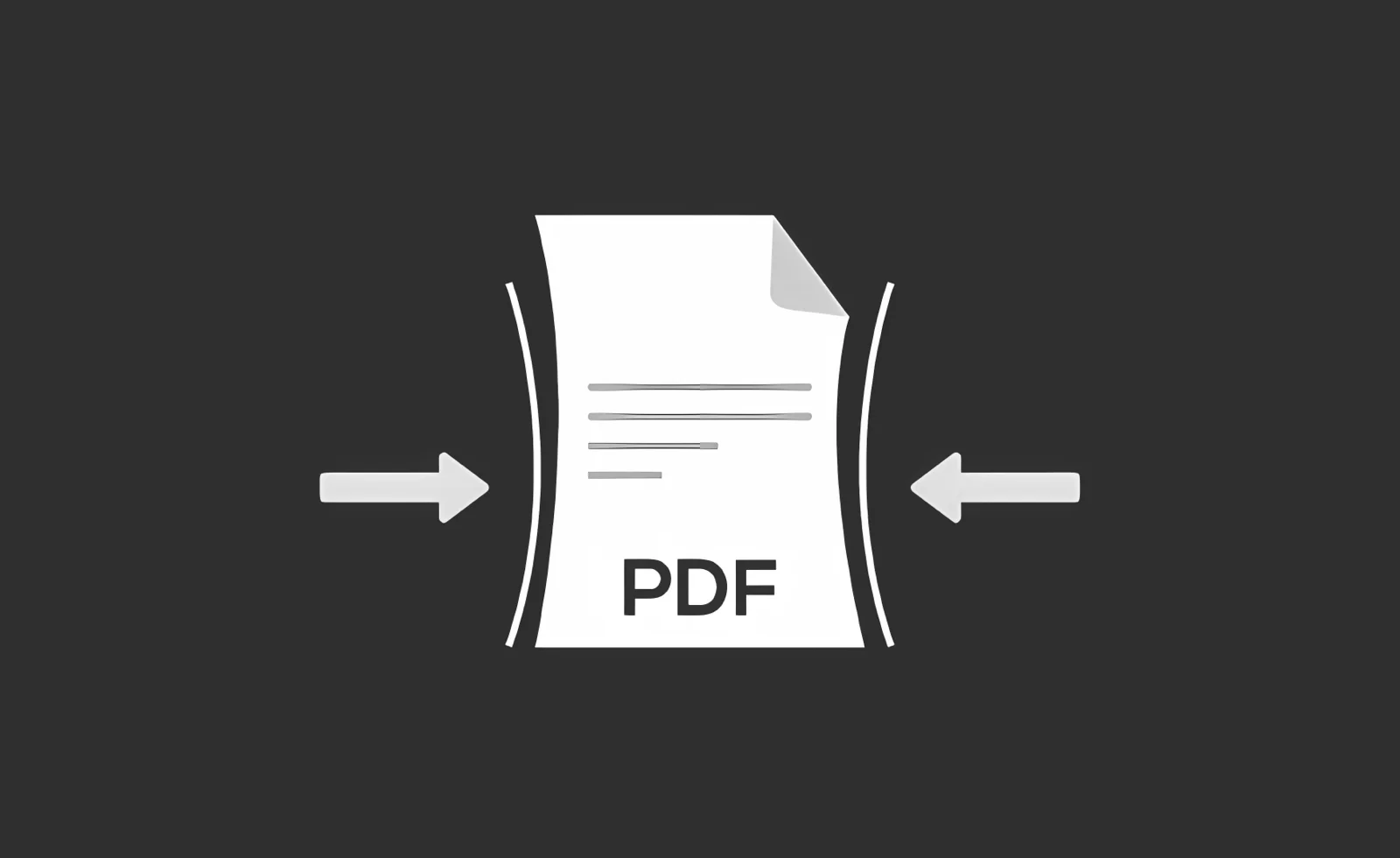PDFs, one of the most widely used document formats, often have a significant drawback: their size. Large files can be cumbersome, slowing down email transmission, taking up valuable storage space, and making document retrieval time-consuming.
This is where the magic of compressing files comes into play. By using tools to compress PDF documents without losing quality, individuals and businesses can reap numerous benefits, enhancing their productivity and streamlining their operations.
A common concern when compressing files is the potential loss of quality, especially for documents that contain detailed images or intricate layouts. However, advanced tools that help decrease PDF size are designed to reduce the size while maintaining the original quality of the document.
This means that text remains sharp, and images retain their clarity, ensuring that the compressed document is as usable and readable as the original version.

Here are some benefits of compressing PDF files:
1. Saves Valuable Storage Space
One of the most immediate benefits of PDF resizing is the significant reduction in file size. High-resolution images, extensive graphical data, and lengthy documents can inflate document sizes to unwieldy proportions.
As such, compressing these files frees up valuable storage space on hard drives and cloud storage solutions and makes it easier to manage and organise documents. This space-saving measure is particularly crucial for organisations that handle thousands of documents, enabling them to operate more efficiently without constantly upgrading their storage solutions.
2. Accelerates File Sharing
Anyone who has attempted to email a large file understands the frustration of slow upload times or receiving an error message because the file exceeds the email provider’s size limit. Compressing PDFs addresses this issue head-on, reducing file sizes to manageable levels that can be easily shared via email or other file-sharing services.
This speeds up the communication process and enhances collaboration among team members, clients, and stakeholders by ensuring timely access to important documents.
See also: How to Design a Secure File Upload Process for Your Users
3. Enhances Web Performance
File size can significantly impact web performance for businesses and individuals who publish these documents online, whether as downloadable resources, product manuals, or online portfolios. Large PDF files take longer to download, which can frustrate users and potentially lead to higher bounce rates.
So, by opting to compress them, website owners can improve user experience, offering quick and easy access to documents without compromising on their quality or integrity.
4. Streamlines Backup and Recovery Processes
These are critical components of data management strategies, particularly for organisations that rely on digital documents. As such, compressing PDFs reduces the amount of storage required for backups and speeds up the backup and recovery process.
This can be a lifesaver in situations where quick data recovery is necessary, minimising downtime and ensuring business continuity.
5. Improves Mobile Accessibility
Accessing documents on the go is a must today. However, large PDF files can be a challenge to open or view on mobile devices, leading to slow loading times and a poor user experience.
Compressed PDFs, on the other hand, are more mobile-friendly, enabling users to quickly access and read documents from anywhere, on any device, without the need for high-speed internet connections.
Conclusion
Tools that allow you to compress PDF files are a simple yet effective solution to the common challenges of managing large digital documents. From saving valuable storage space to enhancing web performance and improving mobile accessibility, the benefits of PDF resize techniques are vast.
Individuals and businesses can boost their efficiency and streamline their operations by choosing to compress PDF files without losing quality. Nevertheless, speed and efficiency of information exchange are paramount, and adopting PDF compression into your document management practices is a step towards a more productive and sustainable digital environment.
Related Articles:
- Online Dynamic Editing Guide for VanceAI Photo Editor
- How OCR Technology Improves Business Efficiency and How to Effectively Use it
- Optimizing User Experience in Modern Apps: Integrating Design with Functionality
- Web Hosting Secrets: 6 Tips Every Website Owner Should Know
- The Beginner’s Guide to Setting Up a Website: Step-by-Step Instructions
- 8 Tips To Create an Effective Small Business Website
- The Benefits of Utilizing PLM Software
